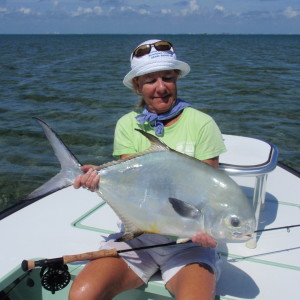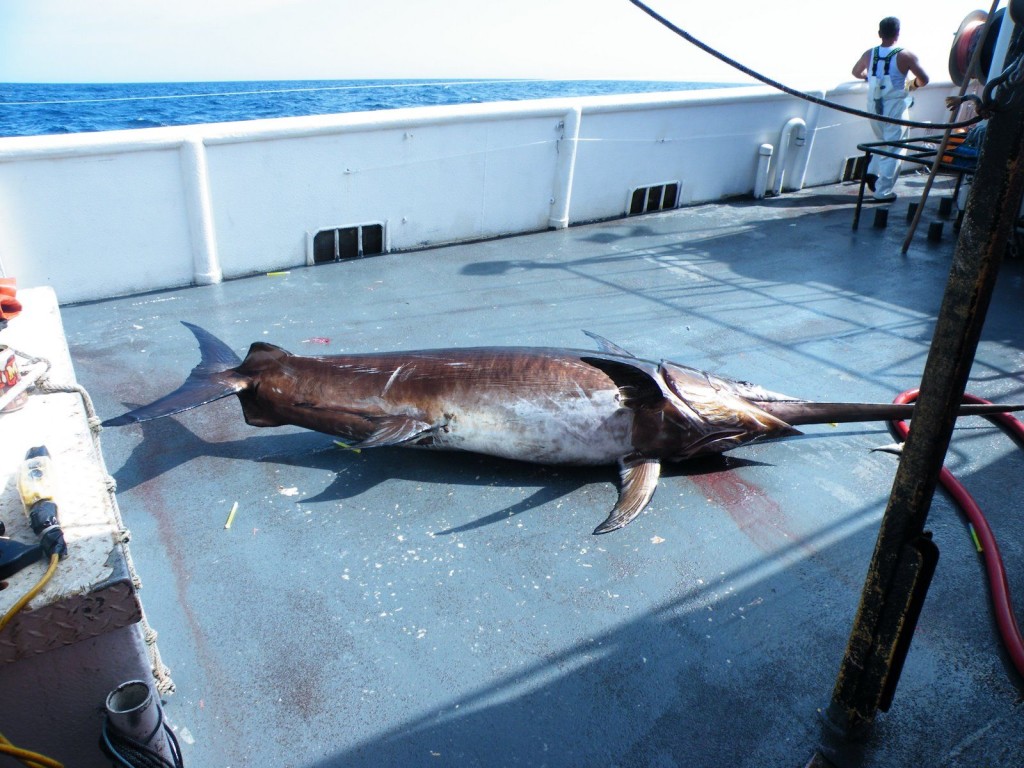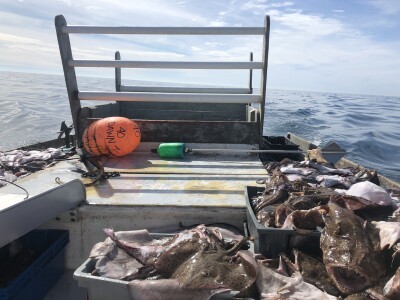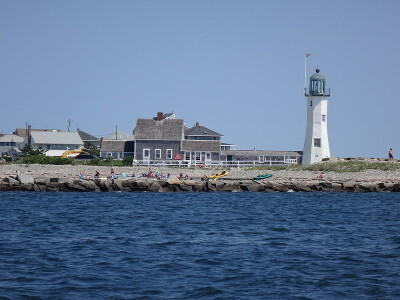Low production, the ongoing covid-19 health and economic crisis, and a flood of product from Canada are depressing the U.S. commercial swordfish market in the Gulf of Mexico and South Atlantic, according to some industry members.
“Production levels are the lowest they’ve been since the beginning of time,” lamented Scott Taylor, operator of Day Boat Seafood in Fort Pierce, Fla. “There have been no positive developments whatsoever. I have more boats sitting at the dock than I have fishing.”
Taylor cited a litany of hits to the fishery: Covid’s impacts on the restaurant industry which drives U.S. demand for swords; new U.S. government regulations, including gear restrictions and the possible closure by the Biden administration of New England’s fish-rich Northeast Canyons and Seamounts Marine National Monument; a deluge of cheaper product from Canada dumped in U.S. markets recently; rising fuel prices; and a lack of new blood entering the U.S. commercial fishing industry.
Taylor said the average boat price is about $4, which he calls “unsustainable.”
“It’s going to reach the point that it’s going to fall off a cliff and it’s just going to collapse,” he said of the U.S. swordfishery.
According to the latest landings estimates from NMFS for January through the end of July, U.S. fishermen have caught about 477 metric tons of swords — only 16 percent of the annual quota of nearly 3,000 metric tons. Landings for the same period in 2020 totaled more than 530 metric tons.
Taylor fears the United States will be forced to forfeit its unused quota to countries not bound by any environmental or occupational safety regulations.
Cappy Cheshier, who operates a fleet of three buoy gear swordfish boats in Pompano Beach, Fla., has a slightly more optimistic outlook. Cheshier said boat prices are hovering between $4 and $6 per pound, which he considers “fair.”
He said the larger fish are late showing up, and there’s a lot of competition in the Florida Straits from a robust fleet of recreational boats. He’s been diving for lobster to supplement his income.
“Just gotta do everything to stay alive,” Cheshier said.







